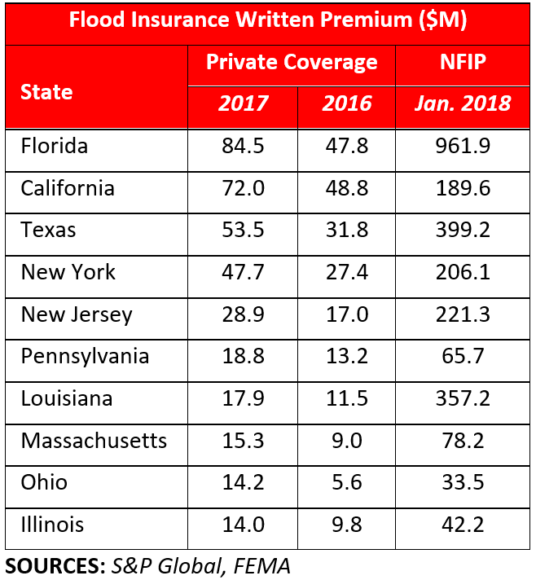Whole life and universal life insurance coverage are both thought about long-term policies. That suggests they're created to last your entire life and will not expire after a certain time period as long as required premiums are paid. They both have the possible to collect cash worth over time that you might have the ability to obtain versus tax-free, for any factor. Because of this feature, premiums might be greater than term insurance. Whole life insurance coverage policies have a set premium, meaning you pay the same amount each and every year for your coverage. Similar to universal life insurance, entire life has the possible to accumulate cash value over time, creating a quantity that you might have the ability to obtain versus.
Depending on your policy's prospective cash value, it may be utilized to skip a superior payment, or be left alone with the potential to build up value over time. Possible growth in a universal life policy will vary based on the specifics of your specific policy, as well as other aspects. When you purchase a policy, the issuing insurance provider develops a minimum interest crediting rate as detailed in your agreement. Nevertheless, if the insurance provider's portfolio makes more than the minimum rate of interest, the business might credit the excess interest to your policy. This is why universal life policies have the prospective to earn more than a whole life policy some years, while in others they can make less.
Here's how: Since there is a cash worth part, you may be able to avoid superior payments as long as the cash value suffices to cover your needed expenditures for that month Some policies might enable you to increase or decrease the survivor benefit to match your particular situations ** Oftentimes you may borrow versus the money worth that may have collected in the policy The interest that you may have earned with time accumulates tax-deferred Entire life policies use you a fixed level premium that won't increase, the prospective to accumulate money value over time, and a repaired survivor benefit for the life of the policy.
As an outcome, universal life insurance coverage premiums are typically lower during durations of high rate of interest than entire life insurance coverage premiums, typically for the very same quantity of protection. Another essential difference would be how the interest is paid. While the interest paid on universal life insurance is frequently changed monthly, interest on an entire life insurance policy is typically adjusted each year. This could indicate that during durations of increasing rate of interest, universal life insurance coverage policy holders may see their money worths increase at a rapid rate compared to those in whole life insurance coverage policies. Some people may prefer the set death benefit, level premiums, and the potential for growth of a whole life policy.
Although entire and universal life policies have their own unique features and advantages, they both focus on supplying your loved ones with the money they'll need when you pass away. By dealing with a qualified life insurance representative or business agent, you'll have the ability to select the policy that finest satisfies your specific requirements, budget plan, and financial objectives. You can likewise get acomplimentary online term life quote now. * Supplied necessary premium payments are prompt made. ** Increases might go through additional underwriting. WEB.1468 (How much is homeowners insurance). 05.15.

The 4-Minute Rule for What Is Medigap Insurance
You don't have to think if you should register in a universal life policy since here you can find out everything about universal life insurance coverage pros and cons. It's like getting a preview prior to you purchase so you can decide if it's the right kind of life insurance coverage for you. Read on to discover the ups and downs of how universal life premium payments, money value, and death advantage works. Universal life is an adjustable kind of long-term life insurance that allows you to make modifications to two main parts of the policy: the premium and the death benefit, which in turn impacts the policy's cash worth.
Below are a few of the total pros and cons of universal life insurance. Pros Cons Created to provide more flexibility than whole life Doesn't have actually the guaranteed level premium that's offered with whole life Cash worth grows at a variable interest rate, which could yield higher returns Variable rates also mean that the interest on the cash worth might be low More opportunity to increase the policy's money worth A policy generally requires to have a favorable cash worth to stay active One of the most appealing features of universal life insurance is the ability to select when and just how much premium you pay, as long as payments meet the minimum quantity required to keep the policy active and the Internal Revenue Service life insurance coverage guidelines on the maximum quantity of excess premium payments you can make (What is liability insurance).
However with this versatility also comes some disadvantages. Let's discuss universal life insurance coverage advantages and disadvantages when it comes to changing how you pay premiums. Unlike other types of irreversible life policies, universal life can adapt to fit your financial requirements when your money flow is up or when your budget plan is tight. You can: Pay greater premiums more frequently than required Pay less premiums less often and even avoid payments Pay premiums out-of-pocket or use the cash value to pay premiums Paying the minimum premium, less than the target premium, or avoiding payments will adversely impact the policy's cash value.
